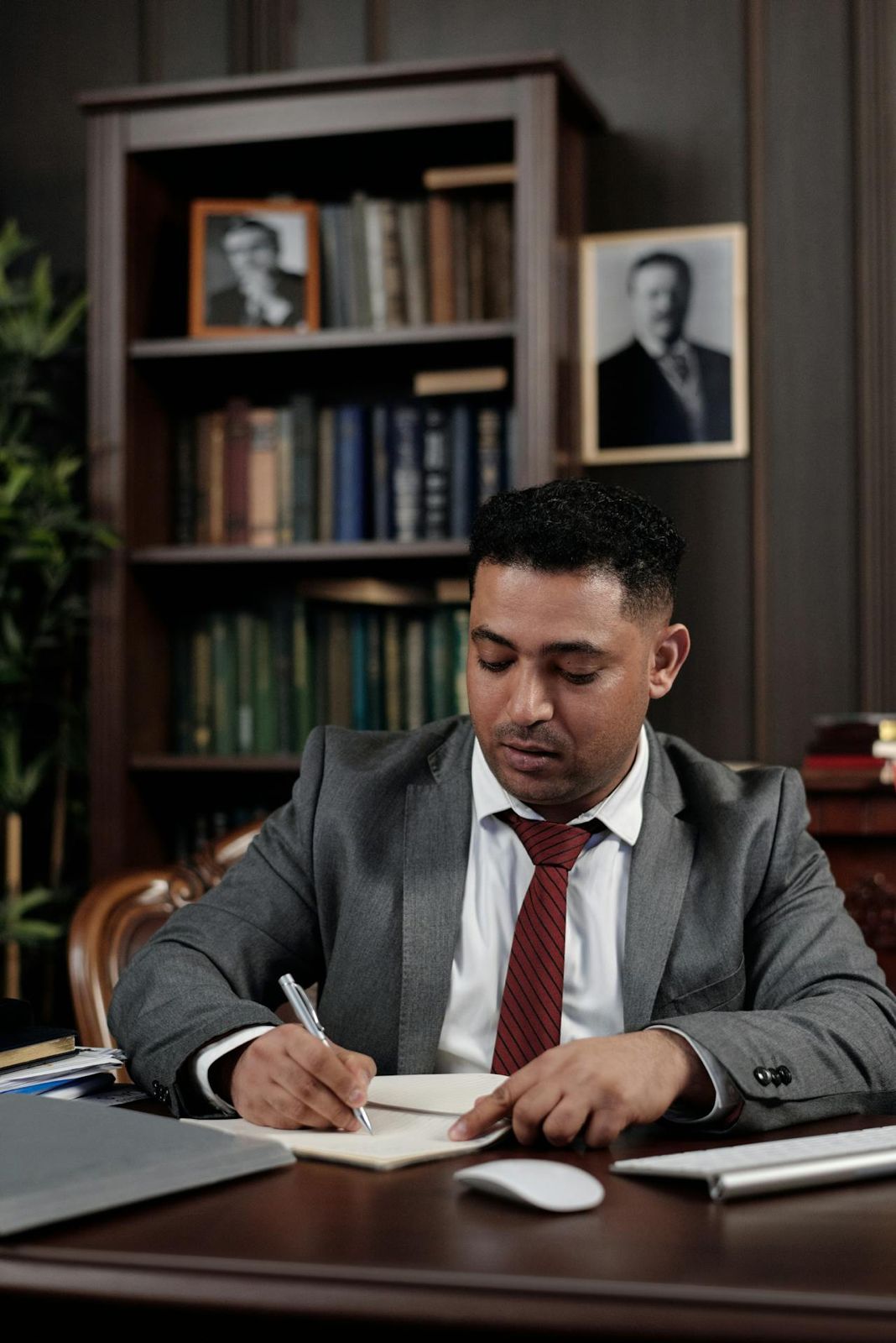In legal proceedings, facts and evidence are essential, but expert insight can be the deciding factor in the courtroom. Whether you’re handling a civil dispute, criminal defense, or complex litigation, the right expert witness can strengthen your case, clarify technical issues, and influence the outcome. However, finding the right expert is not just about credentials—it’s about strategy, relevance, and credibility. This guide outlines a strategic approach to identifying and securing the expert witness who can help you build a winning case.
Understand the Role of an Expert Witness
An expert witness is someone with specialized knowledge, training, or experience who can offer opinions and insights beyond what a layperson could provide. Their role is to help the court understand complex issues, interpret data, or validate claims. Experts may be called to testify in areas such as medicine, engineering, finance, psychology, or forensic science.
Unlike fact witnesses, expert witnesses are allowed to offer opinions based on their expertise. Their testimony must be grounded in reliable methods and relevant experience, and it must meet the standards of admissibility set by the court. A well-prepared expert can simplify complicated topics, withstand cross-examination, and lend credibility to your argument.
Define Your Case Needs Clearly
Before you begin your search, take time to define exactly what kind of expertise your case requires. Are you dealing with medical malpractice, intellectual property, environmental regulations, or product liability? The more specific your needs, the easier it will be to identify the right expert.
Consider the scope of the expert’s involvement. Will they be reviewing documents, conducting independent analysis, preparing reports, or testifying in court? Clarifying these expectations early helps you find someone who is not only qualified but also available and willing to meet your timeline.
Also think about the qualities that matter most for your case. Do you need someone with courtroom experience, academic credentials, industry recognition, or a strong publication record? These factors can influence how the expert is perceived by the judge and jury.
Use Strategic Resources to Search
Finding the right expert requires more than a quick internet search. Use professional directories, legal networks, and expert witness referral services to identify qualified candidates. Many law firms also maintain internal databases of experts they’ve worked with in the past.
If you’re wondering how to find an expert witness, start by consulting trusted platforms that specialize in expert referrals. These services vet candidates for qualifications, experience, and courtroom readiness. You can also reach out to professional associations, universities, or industry groups for recommendations.
Don’t overlook the value of peer referrals. Ask colleagues or mentors if they’ve worked with someone who fits your criteria. A personal recommendation can save time and provide insight into the expert’s reliability and performance under pressure.
Vet Candidates Thoroughly
Once you’ve identified potential experts, vet them carefully. Review their CVs, publications, and prior testimony. Look for consistency in their professional background and relevance to your case. Ask for references and inquire about their experience with similar cases.
Conduct interviews to assess their communication skills and ability to explain complex topics clearly. An expert who is brilliant but difficult to understand may not be effective in front of a jury. Make sure they are comfortable with the legal process and understand the expectations of expert testimony.
Prepare Your Expert for Success
Once you’ve selected your expert, invest time in preparation. Share all relevant case materials, clarify your legal strategy, and discuss potential challenges. The more informed your expert is, the more confident and persuasive they will be.
Work with your expert to develop clear, concise reports that support your case. Practice direct and cross-examination to ensure they are ready for court. Encourage them to avoid jargon and focus on explaining concepts in a way that jurors can understand.
Conclusion
Finding the right expert witness is a strategic process that can significantly impact the outcome of your case. Whether you’re navigating a complex dispute or preparing for trial, knowing how to find an expert witness is a key step toward building a winning case. With the right approach, your expert can become one of your most valuable assets in the courtroom.

